Chilcot to Partygate: the inquiries that put Britain’s prime ministers on the stand
Boris Johnson isn’t the first occupant of No.10 to have to defend their actions in the top job
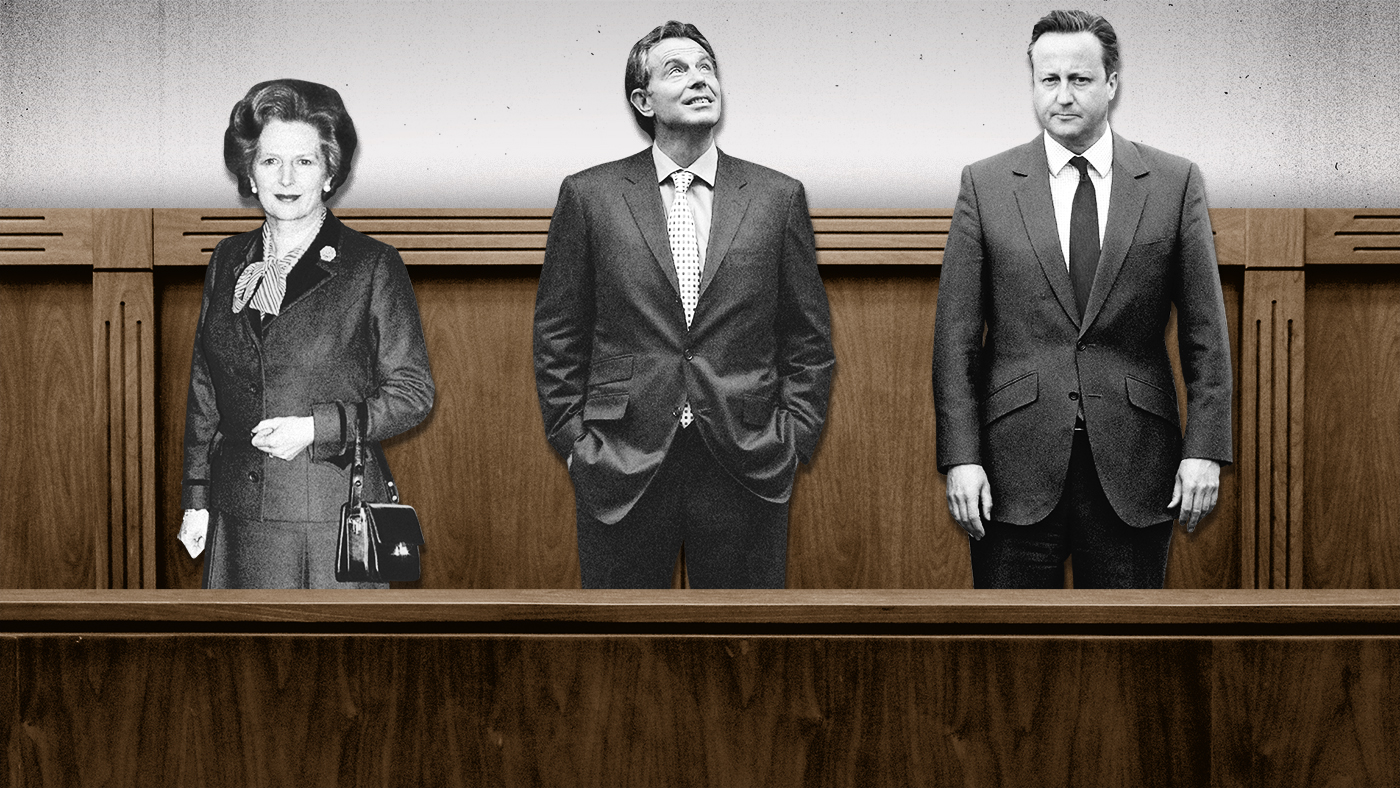
A free daily email with the biggest news stories of the day – and the best features from TheWeek.com
You are now subscribed
Your newsletter sign-up was successful
Boris Johnson faces his day of reckoning as he presents his 52-page Partygate inquiry defence to the privileges committee this afternoon.
“One thing is for certain”, said The Spectator’s political correspondent James Heale: “It’s going to be quite the parliamentary spectacle.”
As Johnson prepares for a committee grilling, The Week takes a look at how other UK prime ministers have fared in parliamentary inquiries.
The Week
Escape your echo chamber. Get the facts behind the news, plus analysis from multiple perspectives.

Sign up for The Week's Free Newsletters
From our morning news briefing to a weekly Good News Newsletter, get the best of The Week delivered directly to your inbox.
From our morning news briefing to a weekly Good News Newsletter, get the best of The Week delivered directly to your inbox.
Franks report
In 1982, Lord Franks examined accusations that Margaret Thatcher’s government could have anticipated Argentina’s invasion of the Falklands on 2 April, and that the ensuing two-month war could therefore have been avoided.
The Falkland Islands Review, known as the Franks report, found that “the invasion of the Falkland Islands could not have been foreseen”, and said there was “no reasonable basis for any suggestion” that “the invasion would have been prevented if the Government had acted”.
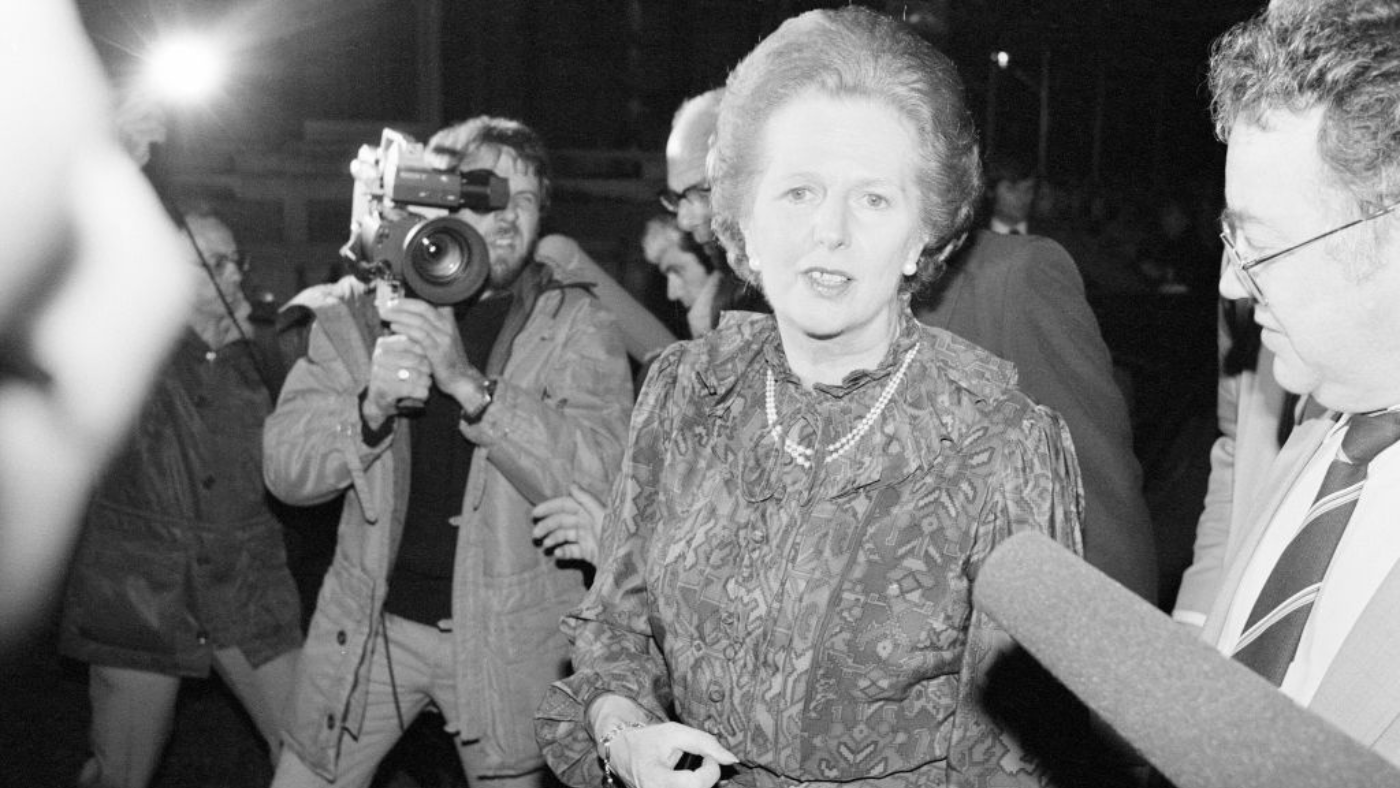
Despite the report’s criticisms of some of the government’s decisions, its findings “came as a political tonic” for Thatcher, said The New York Times. The war “helped save her political skin” and “cemented” her reputation as the “Iron Lady”, said History.com.
But the six-month inquiry led “to widespread accusations of a whitewash”, said the Daily Mail. The report was “said to have detailed a series of mistakes” and “reached ‘soft conclusions’”. Political commentator Hugo Young described it at the time as “a classic establishment job”.
A free daily email with the biggest news stories of the day – and the best features from TheWeek.com
Hutton
The Hutton Inquiry “was one of the most damning political stories” that came out of the Iraq invasion, said The Independent.
In 2003, weapons specialist Dr Andrew Kelly was outed as the source behind a BBC report which claimed that Tony Blair’s government had “sexed up” a report into Iraq’s weapons of mass destruction.
Journalist Andrew Gilligan suggested that the prime minister had knowingly misled Parliament by claiming that Saddam Hussein’s forces had access to nuclear weapons that would be ready for use within 45 minutes of an order being given. Amid a government backlash in the following days, Kelly killed himself and an inquiry into his death was soon launched.
Blair, BBC chairman Gavyn Davies and BBC Director-General Greg Dyke took the stand during the inquiry’s hearings. Lord Hutton concluded that the wording of the weapons dossier had been altered to present a strong case for the invasion of Iraq by British forces, but remained in line with intelligence.
The “harshest criticism was reserved for the BBC”, rather than the government. Hutton concluded that the broadcaster’s editorial processes had been “defective”, and Davies and Dyke resigned.
Chilcot
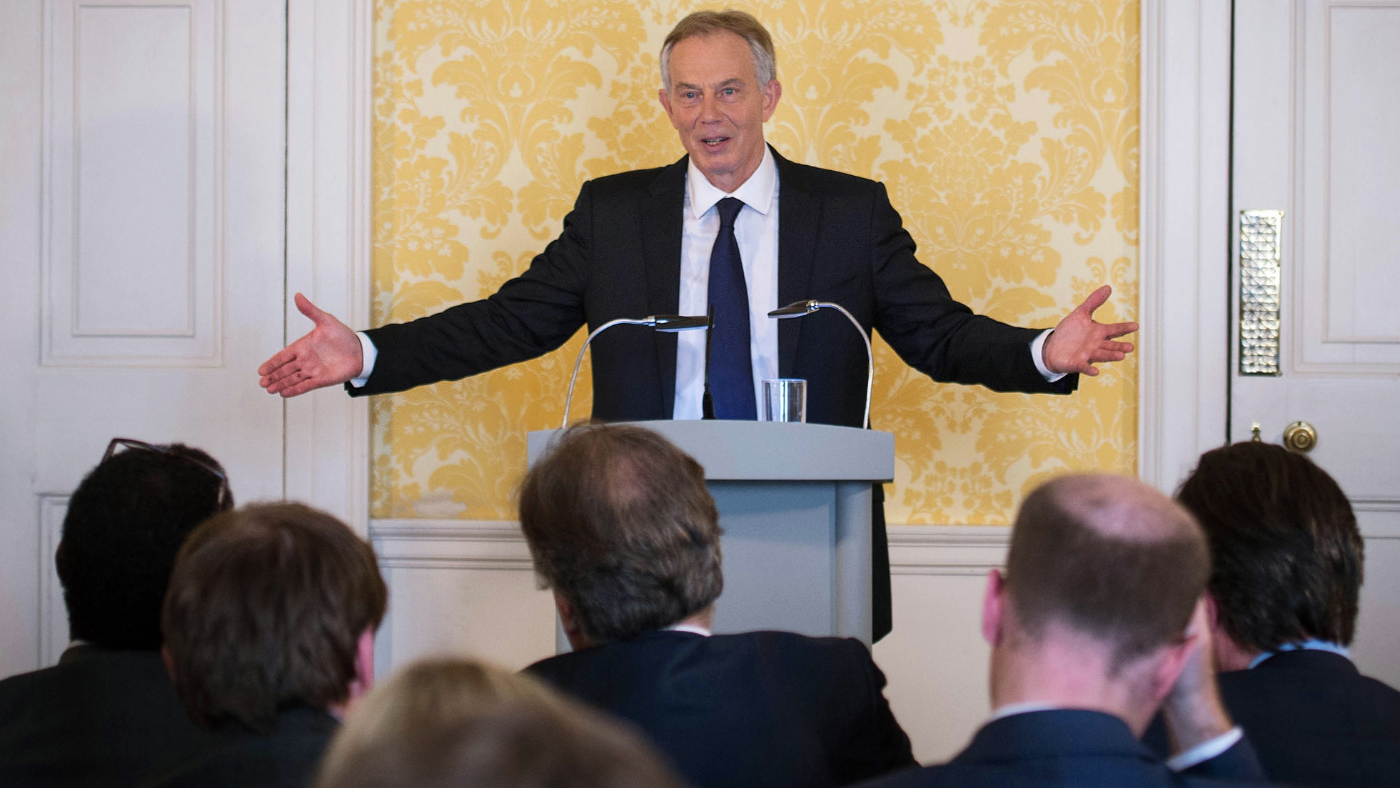
The question of whether the Blair government had misled Parliament over the invasion of Iraq would again come under scrutiny in the following years. An inquiry examining the UK’s involvement in the Iraq war was commissioned by Gordon Brown in 2009 and chaired by Sir John Chilcot.
It was assumed the investigation would take between two to three years to complete, “but it soon became apparent it would be much longer”, said the BBC.
Seven years after it began, a “devastating report” was delivered on Blair’s decision to provide the US with military assistance in its invasion of the Middle Eastern country in 2003, said The Guardian. The “far-reaching” findings “eviscerated Blair’s style of government and decision-making”.
The former PM “looked broken” during an “extraordinary” two-hour press conference that left him “close to tears”, said Politico. Blair expressed “sorrow, regret and apology” and defended his actions. He was “left pleading with the public to accept that he took the decision in good faith”, his reputation “in tatters”.
Leveson
The Leveson Inquiry examined standards within the British press following a number of high-profile cases of phone hacking involving celebrities and victims of crime.
Opened by then prime minister David Cameron in 2011, the following year it concluded that newspapers had exercised a “recklessness in prioritising sensational stories, almost irrespective of the harm the stories may cause and the rights of those who would be affected”. Lord Leveson said that the press should no longer be permitted to “mark its own homework”, and called for an independent body to be set up to regulate the media.
The recommendation “sparked a political storm”, said The Mirror, that saw Cameron and then deputy PM Nick Clegg “clashing in the Commons over the need for state control” of the media. The then prime minister said the press should be left “to try to come up with its own beefed-up regulatory system”, the newspaper continued.
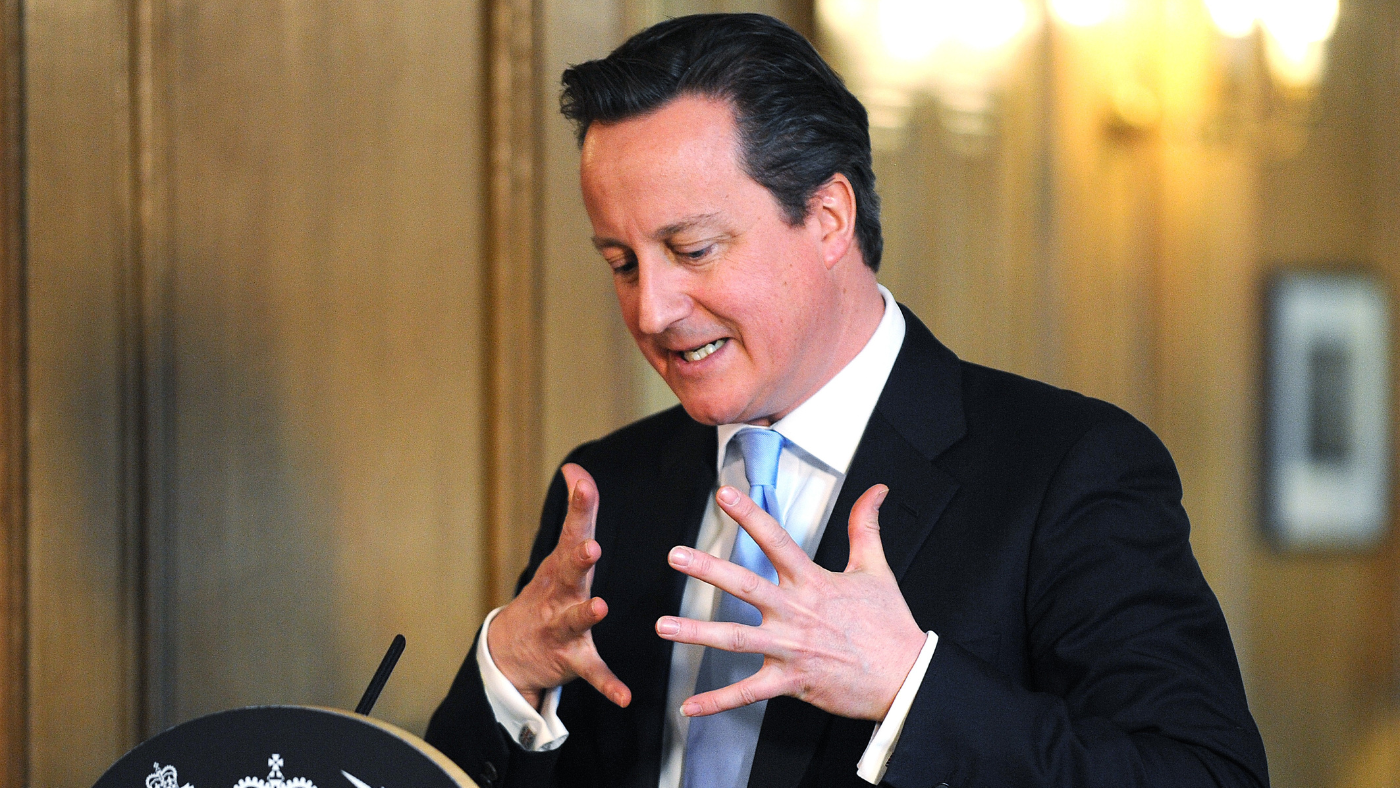
During the committee’s hearings, Cameron said that the “relationship between politicians and media needs resetting”, and admitted he had allowed himself to get “too close” to editors. In fact, said Professor of Journalism Brian Cathcart at Byline Times, Cameron and his government were “in bed with the press, and, frankly they were banging away for all they were worth”.
The inquiry was intended to have two parts, the first examining the culture and practices of the press and the second, which was axed in what Deadline described as “an expected but nevertheless controversial move” in 2018 by then culture secretary Matt Hancock, was to examine the conduct of individual newspaper companies, and possible criminal activity.
Julia O'Driscoll is the engagement editor. She covers UK and world news, as well as writing lifestyle and travel features. She regularly appears on “The Week Unwrapped” podcast, and hosted The Week's short-form documentary podcast, “The Overview”. Julia was previously the content and social media editor at sustainability consultancy Eco-Age, where she interviewed prominent voices in sustainable fashion and climate movements. She has a master's in liberal arts from Bristol University, and spent a year studying at Charles University in Prague.
-
 Why are election experts taking Trump’s midterm threats seriously?
Why are election experts taking Trump’s midterm threats seriously?IN THE SPOTLIGHT As the president muses about polling place deployments and a centralized electoral system aimed at one-party control, lawmakers are taking this administration at its word
-
 ‘Restaurateurs have become millionaires’
‘Restaurateurs have become millionaires’Instant Opinion Opinion, comment and editorials of the day
-
 Earth is rapidly approaching a ‘hothouse’ trajectory of warming
Earth is rapidly approaching a ‘hothouse’ trajectory of warmingThe explainer It may become impossible to fix
-
 Reforming the House of Lords
Reforming the House of LordsThe Explainer Keir Starmer’s government regards reform of the House of Lords as ‘long overdue and essential’
-
 The Board of Peace: Donald Trump’s ‘alternative to the UN’
The Board of Peace: Donald Trump’s ‘alternative to the UN’The Explainer Body set up to oversee reconstruction of Gaza could have broader mandate to mediate other conflicts and create a ‘US-dominated alternative to the UN’
-
 Asylum hotels: everything you need to know
Asylum hotels: everything you need to knowThe Explainer Using hotels to house asylum seekers has proved extremely unpopular. Why, and what can the government do about it?
-
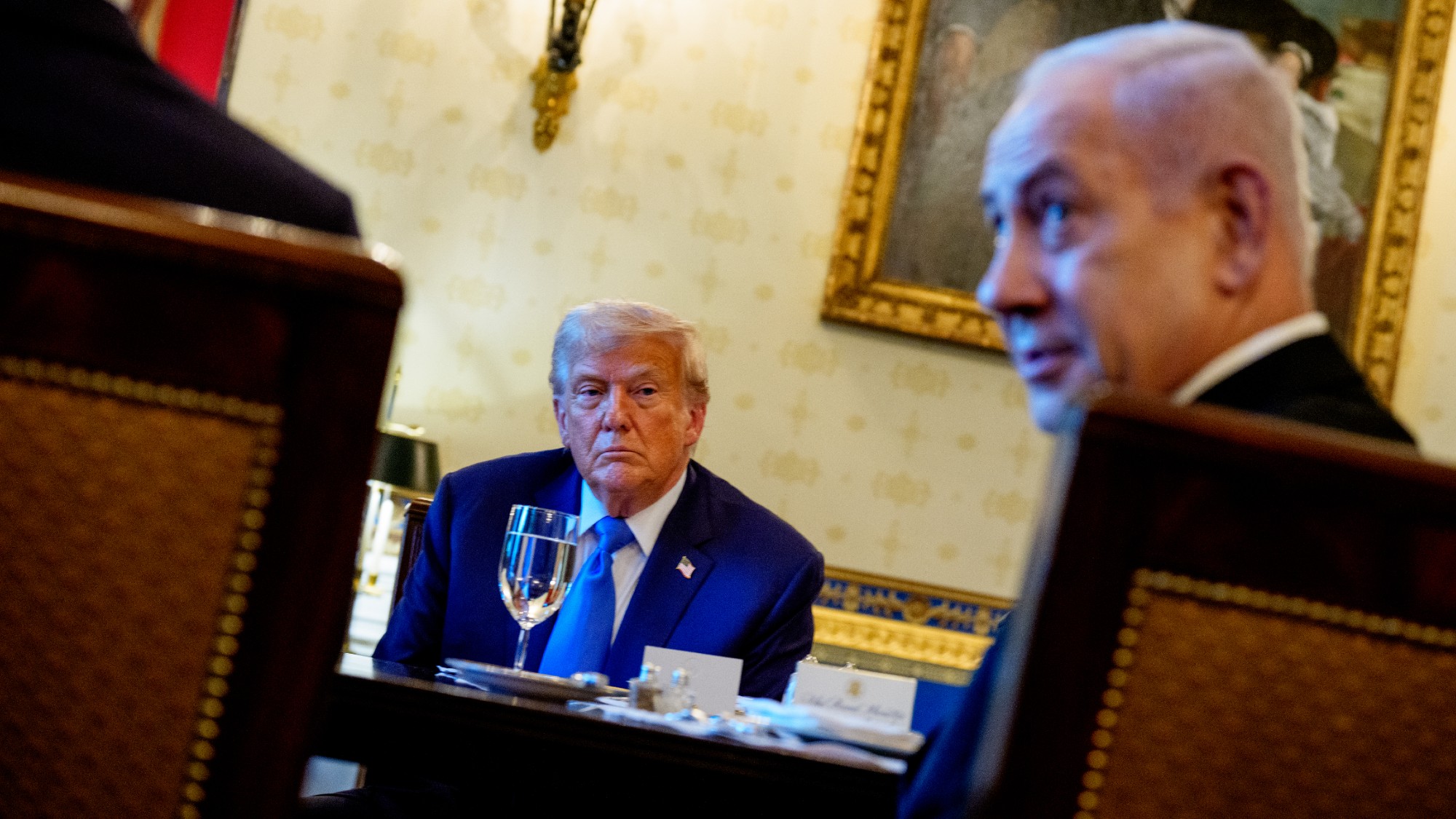 Gaza peace deal: why did Trump succeed where Biden failed?
Gaza peace deal: why did Trump succeed where Biden failed?Today's Big Question As the first stage of a ceasefire begins, Trump’s unique ‘just-get-it-done’ attitude may have proven pivotal to negotiations
-
 Five key questions about the Gaza peace deal
Five key questions about the Gaza peace dealThe Explainer Many ‘unresolved hurdles’ remain before Donald Trump’s 20-point plan can get the go-ahead
-
 Should Tony Blair run Gaza?
Should Tony Blair run Gaza?Today's Big Question Former PM is a key figure in plans for a post-war Palestine and could take up a formal leadership position
-
 Behind the ‘Boriswave’: Farage plans to scrap indefinite leave to remain
Behind the ‘Boriswave’: Farage plans to scrap indefinite leave to remainThe Explainer The problem of the post-Brexit immigration surge – and Reform’s radical solution
-
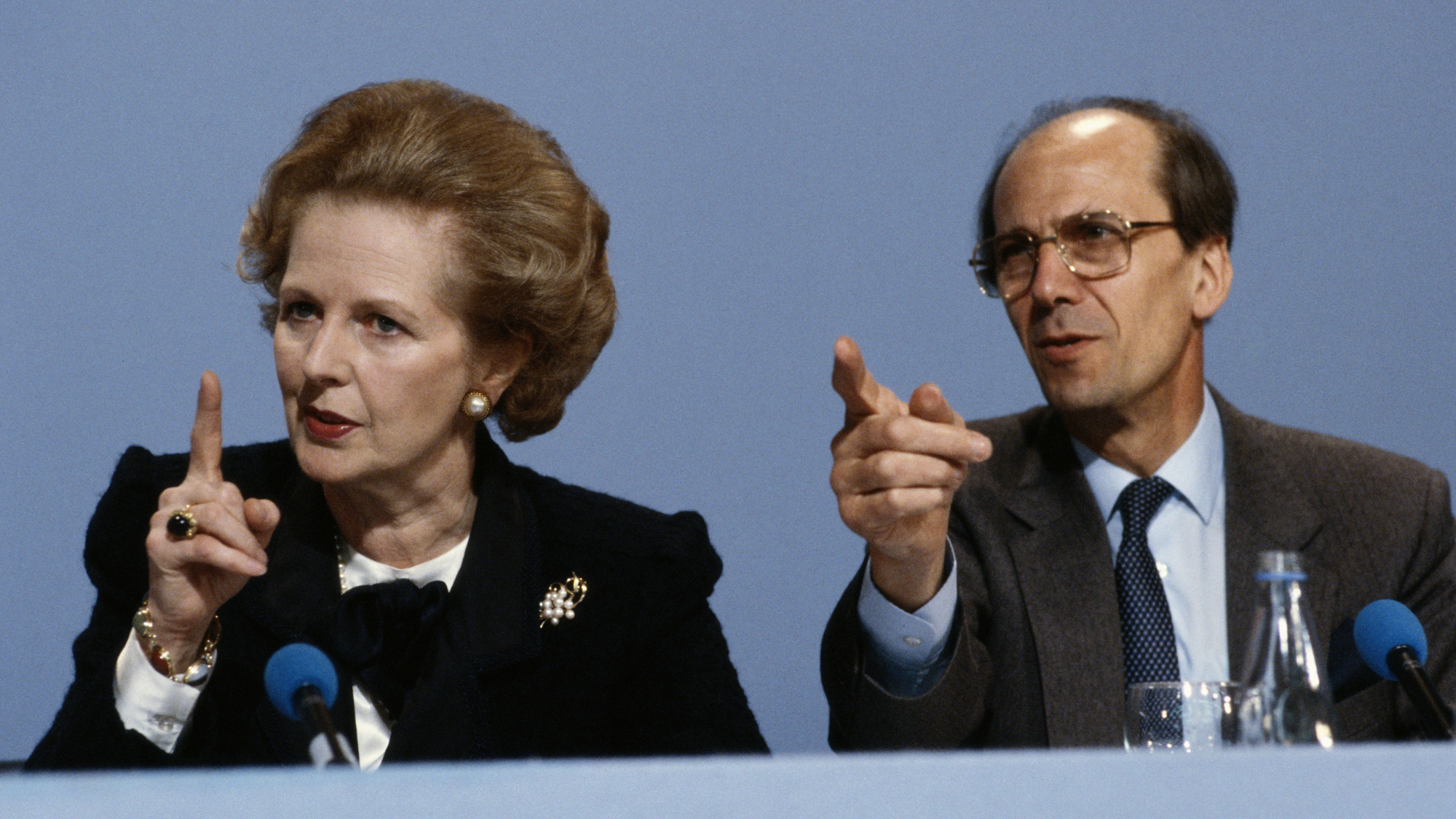 Norman Tebbit: fearsome politician who served as Thatcher's enforcer
Norman Tebbit: fearsome politician who served as Thatcher's enforcerIn the Spotlight Former Conservative Party chair has died aged 94